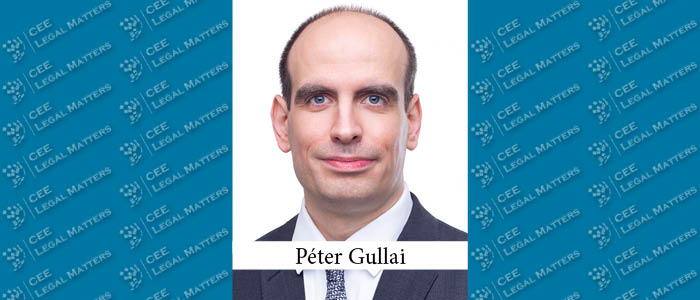At the end of September, the long-awaited Regulation (EU) 2023/1804) on the deployment of alternative fuel infrastructure, and repealing Directive 2014/94/EU (“AFIR”) was published in the Official Journal of the European Union. Though the entry into force of AFIR is 13 April 2024, it is worth reviewing the key takeaways that the AFIR introduces as part of the EU’s Fit for 55 package.
The AFIR sets binding national targets for the development of adequate EU alternative fuel infrastructure. The new regulation also establishes common technical specifications and requirements regarding the information to vehicle users for the provision of data and payment requirements. The AFIR includes detailed regulations regarding light-duty and heavy-duty electric vehicles as well as planes and ships.
Member States are obliged to ensure that, at the end of each year, starting from 2024, specific power output targets are provided through publicly accessible recharging stations. The power output varies subject to the type of the vehicles (light-duty electric vehicles or heavy-duty electric vehicles) and their distance along the TEN-T core or comprehensive road network.
The prices charged to end-users by mobility providers must be reasonable, transparent and non-discriminatory and no additional charges shall apply to cross-border e-browsing.
Mobility providers before the start of the electric charging session provide end-users with all valid price information:
- through freely available, widely supported electronic means;
- clearly differentiating between the price components charged by the electric charging point operator, the applicable e-roaming costs and any other charges or fees applied by the mobility provider.
To ensure price transparency prices charged by charging point, operators must clearly display the ad hoc price and all its components at the service station, including at least a prominent indication of the following price components:
- price per session;
- price per minute;
- price per kWh.
Payment card readers, devices with a contactless functionality that is at least able to read payment cards and QR codes, shall be ensured and installed by charging point operators. A retrofit obligation shall apply above a specific power output level from 2027.
By Peter Gullai, Managing Associate, Kinstellar




